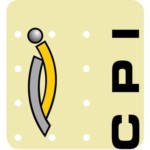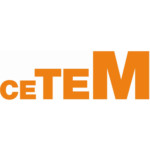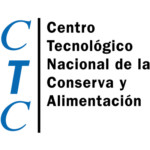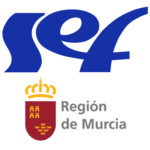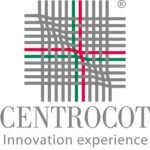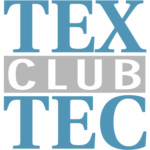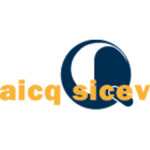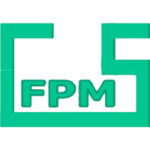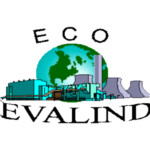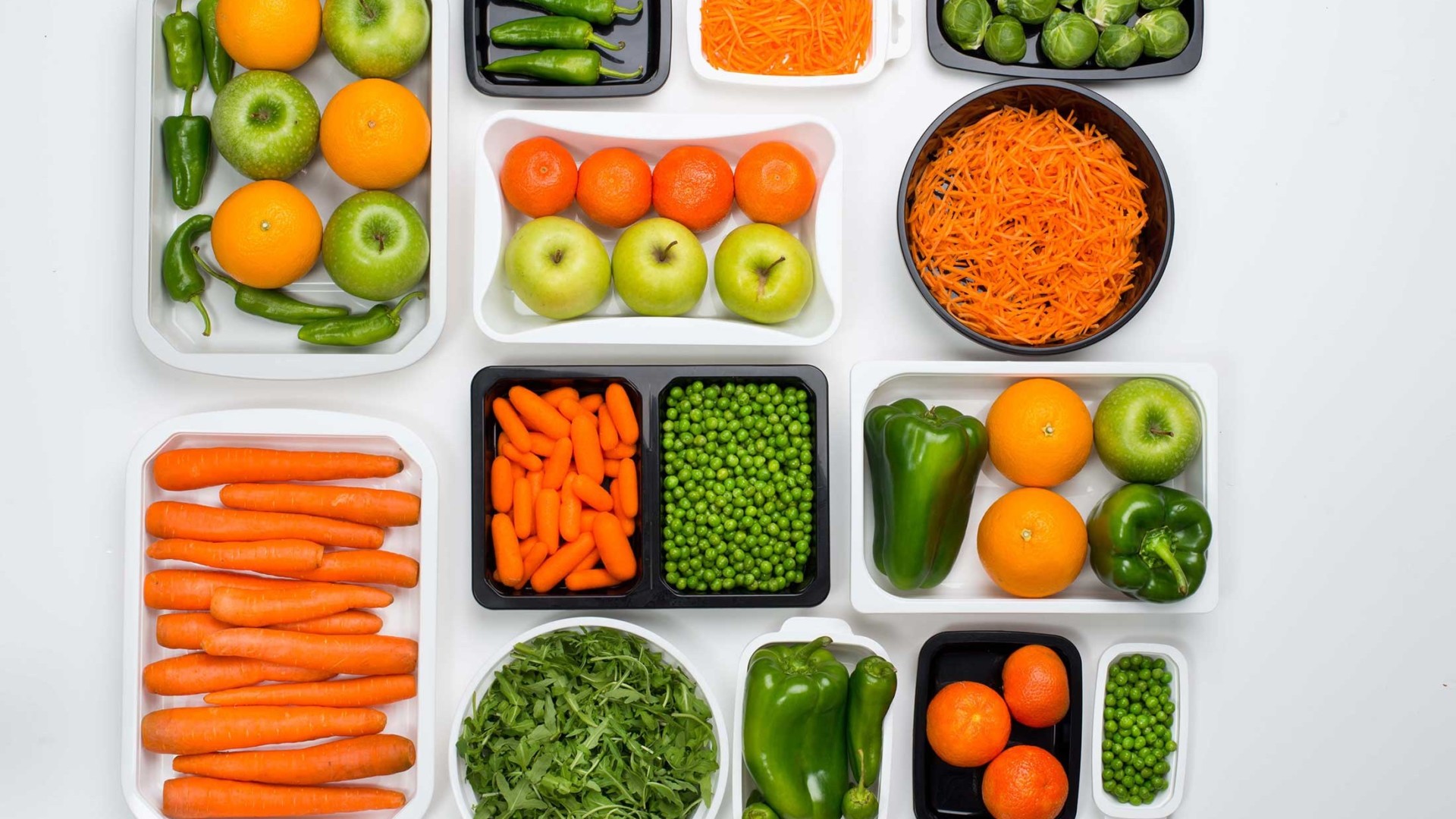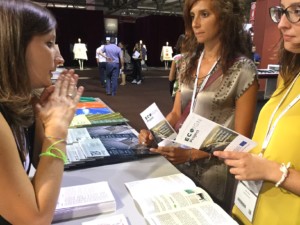Since 1971, the Environmental Actions Programmes are addressing the EC in the environmental field, identifying priority areas and integrating environmental objectives into other policies for tackling environmental issues. In 2013, the EU agreed its 7th Environmental Action Programme, calling for measures to further improve the environmental performance of EU goods and services over their whole life-cycle including measures to increase the supply of environmentally sustainable products.
The Environmental Indicator Report 2014, was set up by the European Environment Agency (EEA) to evaluate such measures, focusing on Food, Clothing and Electric and Electronic Goods. This report appoints Eco-innovation and Eco-design as crucial transition factors that hit at how sustainable production and consumption patterns might look in the future, as more than 80% of the environmental impact of a product is defined at the design stage.
Furthermore the Bruges Communiqué on enhanced European Cooperation in Vocational Education and Training for the period 2011-2020 says that ‘…the transition to a green economy is a mega trend which affects skill needs across many different jobs and sectors’.
The EEA Report 2014 indicates some opportunities in education for the change to a sustainable production-consumption systems like educating designers on their choices implications across the product life-cycle. This could include raising awareness on the pressures associated with different raw materials. It could also include training on how selecting materials and increasing the reuse potential and eventual recycling.
The 3rd report of EEA (Environmental Impacts of Production-Consumption Systems in Europe) indicates that the EU economy is highly dependent on trading with the rest of the world. Electrical and electronic goods, clothing and food are production-consumption systems with globalized supply chains and large shares of imports to the EU economy. Production of these goods in Europe still contributes considerably (but decreasingly) to gross domestic products (GDP) and jobs, while these sectors continue growing in many less developed countries.
If the production stage is more often being carried out abroad, the design phase is mainly undertaken by European designers.
The overall objective is to highlight ways that production-consumption systems can be adjusted to augment societal benefits and minimize societal costs.
Ecosign
ECOSIGN is a Sector Skills Alliance co-funded by the Erasmus+ Programme of the European Union, that started on 1st November 2015 and will end on 31 October 2018, aiming at creating an Eco-Innovation Skills partnership in four European countries (Slovenia, Spain, Romania and Italy) addressing the lack of knowledge of designers coming from the three economic sectors in which the Environmental Indicator Report 2014 focuses: food packaging, electronic goods and textile/ clothing.
ECOSIGN will allow industrial designers from those sectors to reduce environmental impact during the product life-cycle from the earliest stage of design, including the use of raw materials and natural resources, manufacturing, packaging, transport, disposal and recycling, avoiding the risk of uncoordinated product planning that could lead to a negative impact for the environment (for example, eliminating a toxic substance should not lead to higher energy consumption).
The main results of this alliance will be a new joint curriculum and a training course for European eco-designers that will add skills and competences to the designers regarding environmental technologies. Also, it will allow designers, from one specific sector, to change their industrial activity to other sector.
Target groups are:
- Vocational Students
- Food packaging Designers
- Fashion and industrial textile designers
- Designers of electronic/electrical goods
ECOSIGN aims and objectives will contribute to the Agenda for New Skills and Jobs, an EC initiative for reaching the employment target for 2020 by equipping people with the right skills for the jobs of today and tomorrow and improving the conditions for job creation.
As the theme is very wide and it’s needed a multi-sectorial perspective, the partners of the project are from different countries specialized in eco-innovation in different sectors, as research centres and associations, educational providers or authorities like VET centres or independent certification bodies.
Project Partners
Experts Committee
[ SECTORS ]
News & Events
3
Oct 16
Newsletter n. 2
The ECOSIGN team has created a quarterly Newsletter to exchange knowledge and information focused on those sectors in order to reduce environmental impact during the products life-cycle, including the use of raw materials and natural resources, manufacturing, packaging, transport, disposal and recycling.
Much more information about the Eco-design topic can be found on Ecosign Twitter, Facebook and Linkedin profiles.
Ecosign project will end on 31 October 2018 with the main result to create a new joint curriculum and a training course for European Eco Designers that will add skills and competences to the designers regarding environmental technologies.
In the next issues of Ecosign Newsletter, updates about the project will be published.
If you need further information, you can contact the Ecosign team.
ecosign-newsletter-no-2_eng30
Sep 16
CETEM presents Ecosign Project at FMY in Yecla (ES)
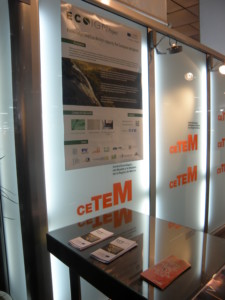
CETEM participated at the 2016 edition of FMY – the oldest and most relevant Furniture Trade Show in Spain, that was held from 26th to 29th September in Yecla (Spain).
The ECOSIGN project was presented in the Cetem booth and brochures were given out to interested visitors.
E-Learning

The present work, produced by the ECOSIGN Consortium, is licensed under a Creative Commons Attribution-NonCommercial-








